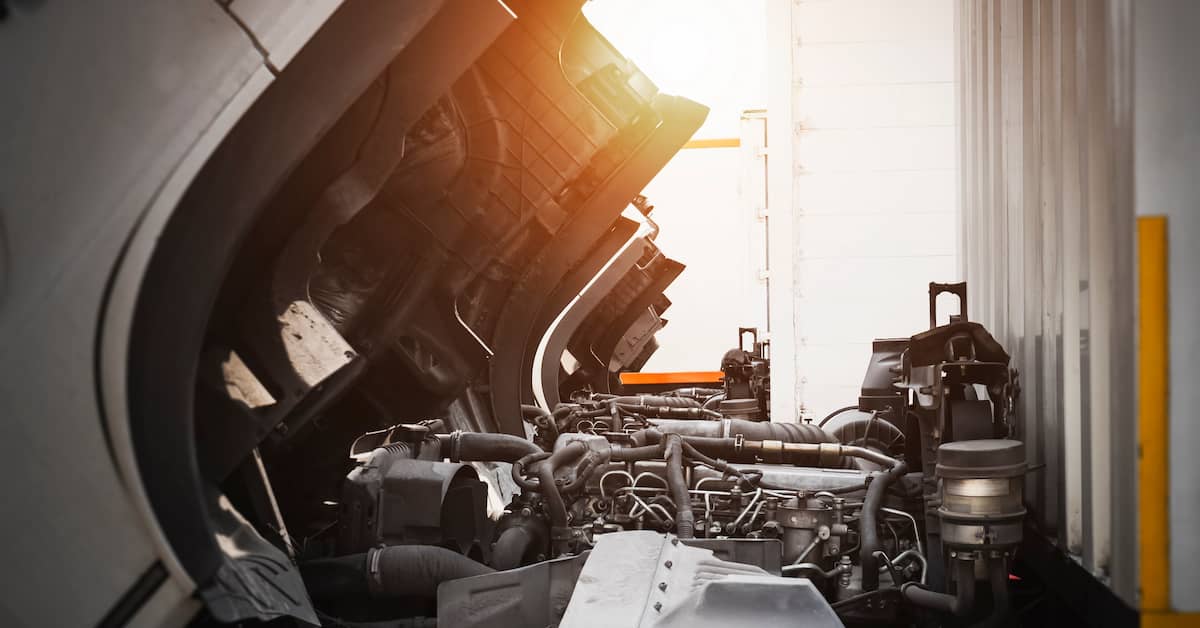
When you get injured in a truck accident, proving why the accident happened is one of the first steps toward recovering the financial compensation you deserve. While there are a variety of ways to prove the cause of a truck accident, a key source of evidence in many cases is the truck’s “black box.”
What Is the Truck’s Black Box?
A truck’s black box is its onboard computer system. Modern vehicles—including 18-wheelers and other commercial trucks—are equipped with computers that do everything from manage the engine to provide drivers with step-by-step GPS directions.
Crucially, these computer systems record many types of data as well. Black box data can be used as evidence in truck accident cases.
What Data Does the Black Box Collect?
A truck’s black box isn’t really a box at all. Instead, it consists of various modules and other devices that work together to manage the truck and record data.
Three of the main components of most trucks’ black boxes are:
Electronic Control Module (ECM)
The electronic control module (ECM) is responsible for engine management. It tells the engine the correct air-fuel ratio, times the spark plugs, and monitors for potential problems.
The ECM also records all of this information. In the event of an accident, the ECM data can show everything from how fast the truck was traveling to whether any maintenance needs had been neglected prior to a collision.
Electronic Logging Device (ELD)
The electronic logging device (ELD) is used to monitor the truck driver’s hours of service. Under federal regulations, truck drivers are limited in the number of hours they can spend behind the wheel. If a truck’s ELD shows that the driver was behind the wheel for too long without taking a break, this can help prove that the driver’s negligence was a factor in the crash.
Read More: What Are Hours of Service Rules, and Why Do They Matter in Truck Accident Claims?
Event Data Recorder (EDR)
The event data recorder (EDR) collects information about various “events” that happen while a truck is on the road. This includes everything from sudden braking to seatbelt tensioner activation, from collisions to airbag deployment.
Combined with data from the ECM and ELD, the information collected by the EDR can provide key insights into the cause of a commercial truck accident. If you were injured or lost a loved one in the accident, this data can help with identifying the cause, determining who is responsible, and assigning liability.
How Can the Black Box Help with My Truck Accident Case?
If you have been injured in a truck accident, how can the truck’s black box data help with your case? First and foremost, your lawyer can seek to obtain the truck’s black box data on your behalf. Trucking companies must turn the data over upon request during the “discovery” phase of your case. If the trucking company knows that the data show its driver was at fault, simply requesting the data can help to spur favorable settlement negotiations.
Once the truck’s black box data has been obtained, your lawyer can use the data to piece together the events leading up to the crash. Having the truck’s black box data following an accident can help answer key questions such as:
- Did the truck driver brake suddenly, causing the truck to jackknife?
- Does the black box show that the driver failed to brake at all—suggesting that he or she may have been distracted or asleep behind the wheel?
- Was the truck driver speeding?
- Had the truck driver been behind the wheel for too long without resting?
Of course, in some cases, the black box won’t contain all of the information needed to prove liability. In these scenarios, it will be important to have other types of evidence as well. This may include evidence from the scene of the crash. Since this evidence can disappear quickly, it is important that you hire a lawyer to conduct an investigation as soon as possible.
What If the Black Box Shows the Truck Driver Wasn’t At Fault?
While black box data will be helpful in many cases, it is possible that a truck’s black box will show that the truck driver wasn’t at fault. When this is the case, accident victims will need to work with their lawyers to determine what other types of claims they may have.
From tire blowouts and airbag failures to other drivers’ negligence, there are numerous possibilities when it comes to pursuing compensation after a truck accident. Conducting a prompt and thorough investigation is critical for assessing—and preserving—accident victims’ legal rights.
Contact a Truck Accident Lawyer Today
If you have been seriously injured in a truck accident in West Virginia, we encourage you to contact Colombo Law promptly for more information. To discuss your case with an experienced truck accident lawyer in confidence, call 304-599-4229 or request a FREE consultation online today.










